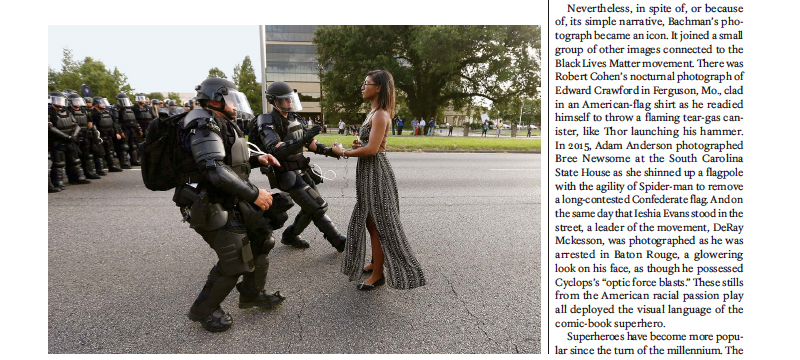- Dialogic Reading Journals – as assigned: 10%
- Rhetorical Précis & Rhetorical Analysis Project: 10%
- Persuasive/Advocacy Essay Project: 15%
- Remix the New York Times Project: 15%
- Portfolio and Reflective Essay: 50%
Grading and Evaluation Criteria
(3) Assignments. We do a lot of reading, writing, and revising in this course, and we will review and discuss your work at various stages in its production. You should plan ahead in order to stay abreast of the course calendar and to allow time for the most important parts of the writing processes: rereading, revising, and rethinking. The revision process that occurs between your first and final drafts usually requires attention to several elements, such as critical thinking, mechanics, tone, and arrangement, and our grading criteria includes an evaluation of your initiative and follow-through in the revising and editing process. Your evaluations and grades also include in-class writing and your timely, substantive, and professional feedback in peer-editing workshops.
- Perplexity. For every assignment, you need to find some genuine question or perplexity. That is, don’t just tell four obvious reasons why dishonesty is bad or why democracy is good. Root your paper in a felt question about honesty or democracy—a problem or an itch that itches you. (By the way, this is a crucial skill to learn for success in college: how to find a question that interests you–even in a boring assignment.)
- Thinking. Having found a perplexity, then use your assignment to do some figuring-out. Make some intellectual gears turn. Thus your paper needs to move or go somewhere—needs to have a line of thinking.
- Critical Thinking: Critical thinking is, in short, self-directed, self-disciplined, self-monitored, and self-corrective thinking. It presupposes assent to rigorous standards of excellence and mindful command of their use. It entails effective communication and problem solving abilities and a commitment to overcome our native egocentrism and sociocentrism. – Adapted from Richard Paul and Linda Elder, The Miniature Guide to Critical Thinking Concepts and Tools, Foundation for Critical Thinking Press, 2008.
- Raising interesting, relevant, and generative questions that help us understand issues under discussion
- Being respectful
- Active listening (excellent background on Listening and Critical Thinking), which includes eye contact and appropriate body language, which we see as important components to active listening
Grading & Assessment
Full credit: the writer submitted exceptional reader-based work that fulfills all of the assignment requirements, and is professional and precise in word choice, tone, and presentation. Demonstrates a commitment to reader-based writing, revising, proofreading, and editing/document design. Evidence of engagement with both critical thinking and perplexity.
Partial credit: the writer submitted work that completes some of the assignment requirements; was not carefully revised, edited, or proofread. Focus is not on audience- or reader-based needs and expectations. Work was submitted after the deadline.
No credit: work does not fulfill the assignment requirements or was not submitted.
